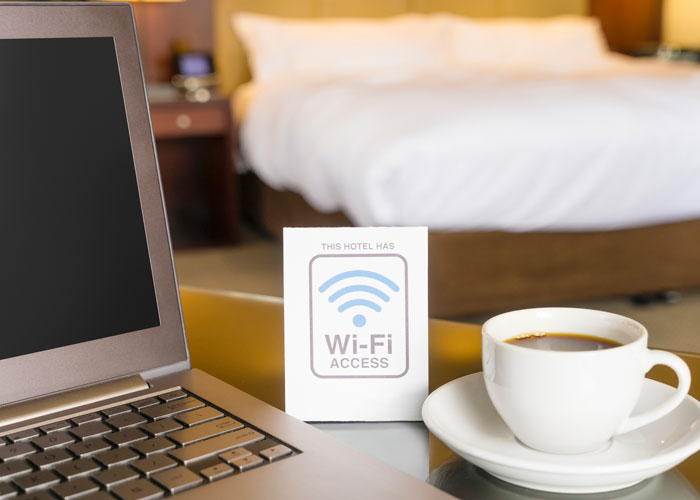Wireless Networks & Hotspot
Wireless Networks & Hotspot

‘Public’ wireless networks or hotspots mean that we can continue to be online in places like public transport, cafés, hotels and pubs. However, public wifi networks can be breached easily. And even though some public wifi networks will require a password, these are usually simply to inform the owner of the café or public place that you are online in their café. They will almost certainly not provide security through encryption.
Also, some apps and websites are encrypted, many will not be.
So when we log on using public networks, be aware that it is relatively easy for hackers to get in and ‘read’ what is being sent from your device.
The best way to know your information is safe while using public Wi-Fi is to use a virtual private network.
Even then if you must use public Wi-Fi,
- Turn off Bluetooth and wifi when you are not using them
- If you must go on a website with sensitive data, make sure it is an end-to-end encrypted. This means it will have a ‘lock sign’ in the left hand corner, e.g. facebook.com or the site will show a https as opposed to a http. Some apps, such as ‘What’sapp’ are also encrypted, but if in doubt, exercise caution.
- Wherever possible, use mobile networks (although be aware of data limits/costs) commercial hotspot providers or an encrypted Virtual Private Network






 Total Users : 202674
Total Users : 202674